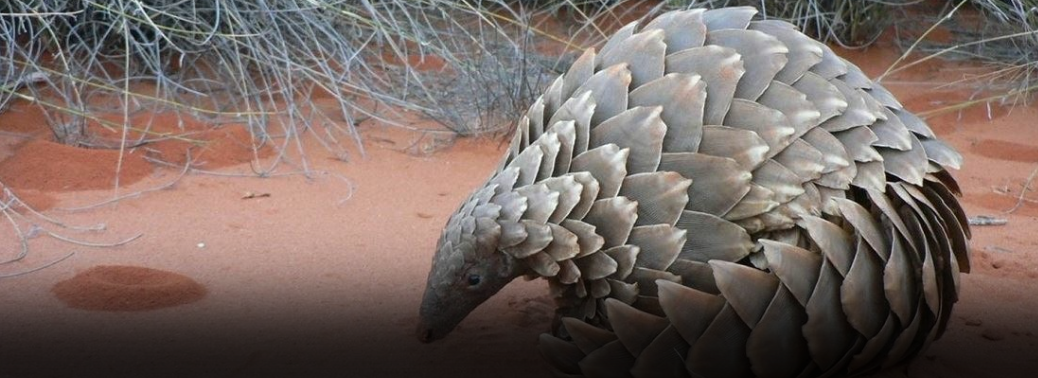The Last of the Elusive Pangolins
19, Feb 2019

Prelims level : Plant / Animal Species
Mains level : GS: 3 “Environmental Conservation.”
- Obsession for its supposedly medicinal scales in China is believed to have made the ant-eating Chinese Pangolin, one of two species found in South Asia, extinct in India.
- The pangolin is the most trafficked mammal in the world.
- Though hunted for its meat across the north-eastern States and in central India
- The Demand for its scales in China has made it the most critically endangered animal in less than a decade.
- On World Pangolin Day, wildlife experts mourned the “possible extinction” of the Chinese Pangolin in the northeast and the likelihood of the Indian Pangolin found elsewhere in India of being wiped out in a decade or so. The third Saturday of February is observed as the day of the scaly nocturnal ant-eater, which activists say is an animal very few even forest officials know about.
- The Chinese Pangolin was officially categorised as critically endangered in 2014, but it is extinct today. The Indian Pangolin, marked endangered that year, is now critically endangered and disappearing fast,”
- The STF had busted one of the biggest international gangs of wildlife body parts smugglers. It arrested 159 people across 14 States and registered 12 cases, mostly for pangolin scale smuggling.
Northeastern gateway:
- Investigations by wildlife crime sleuths have revealed that almost 90% of smuggling of pangolin and pangolin scales is through the northeast.
- From elsewhere in India, the scales are smuggled out to China via Myanmar at Moreh in Manipur and Champhai in Mizoram. But there are numerous gateways along the border with Myanmar. This is why checking the smuggling network in the northeast is crucial for the survival of the last of the pangolins.
- Smaller animals like pangolins get indirect benefit of the focus on larger ones such as rhino, tiger, and elephant.
Killed Cruelly:
- Sadly, there is no survey of pangolin, which get smoked out of their burrows and killed cruelly by being thrown into boiling water. The animal used to be killed for meat until people learnt there was illegal money in its scales.
- The Chinese Pangolin has not gone the way of the dodo. Conservation policies have to look beyond major species, but the world needs to tell China that pangolin scales – like rhino horns – are made of keratin that produces human hair and nails and has no medicinal value.






